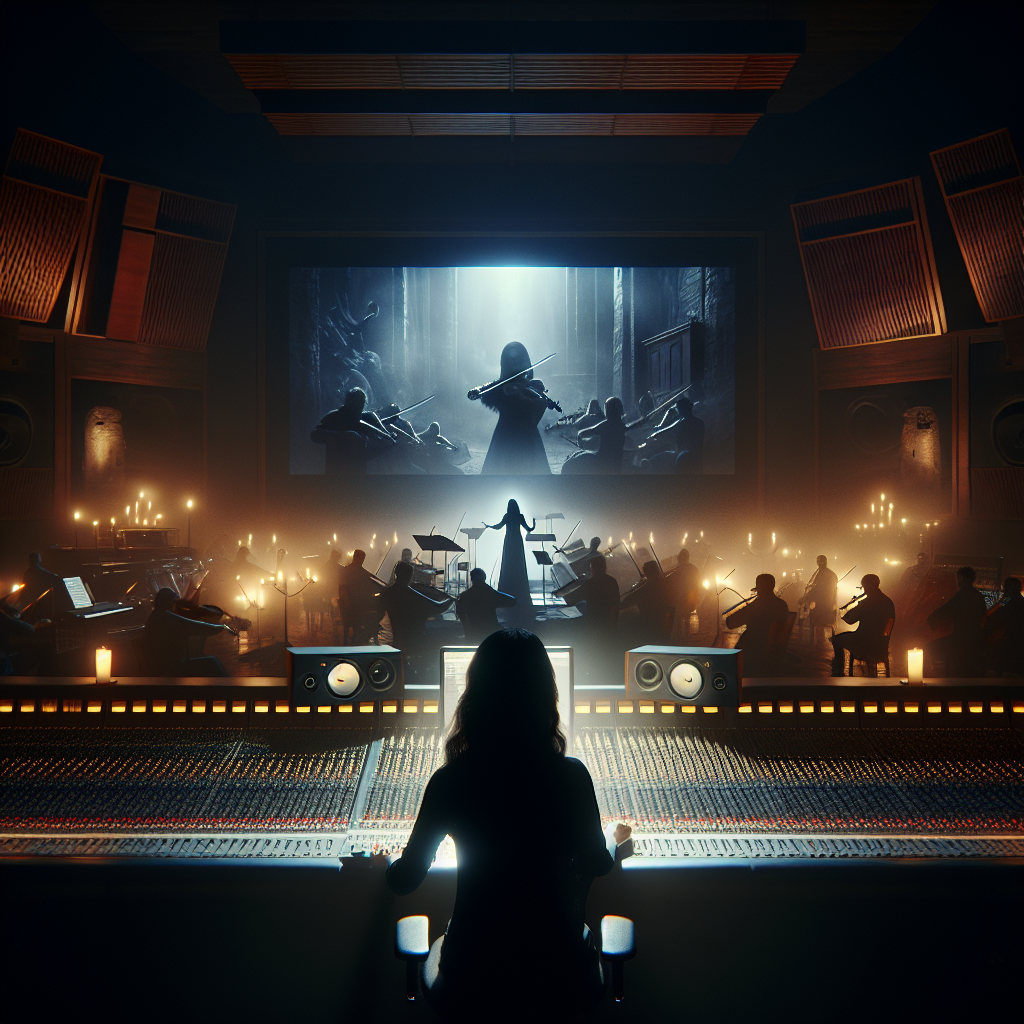- Introduction to Trailer Music
Trailer music, originally crafted as a promotional tool for films, has evolved significantly over the years to become its own distinct genre. This music is not just background noise for movie previews; it’s a craft that involves high-stakes creativity and has a massive following.
The Origins of Trailer Music
The concept of trailer music dates back to the early days of cinema. However, it was in the 1990s that this form of music began to carve out its own niche. Companies like Immediate Music, founded in 1993, were among the first to create music exclusively for trailers. The aim was to produce epic, cinematic scores that could encapsulate a movie’s plot and tone in just a few minutes.
The Evolution into a Recognizable Genre
Over time, the demand for unique, compelling trailer music has led to the establishment of numerous studios that specialize in this genre. These compositions are now integral to the marketing of movies, video games, and television shows. The intense, emotive scores are designed to hook audiences, build suspense, and evoke a strong emotional response.
Characteristics of Trailer Music
Trailer music genre typically features an orchestral setup, often supplemented by modern electronic elements. The structure is usually dramatic, with a buildup leading to a climactic point to maximize impact in a short time. Commonly, these tracks are about two to three minutes long—the length of an average trailer.
Impact on Artists and Composers
For composers, trailer music has opened up new opportunities. Artists like Hans Zimmer and Two Steps from Hell have gained significant recognition for their contributions to trailer music, influencing countless other musicians and composers. The genre’s popularity has also led to dedicated concerts and a loyal fan base that appreciates the music outside of its cinematic context.
Trailer Music in Pop Culture
The influence of trailer music extends beyond cinema into video games and even book trailers. Video game trailers, for instance, use music in similar ways to film trailers, creating an atmospheric depth that enhances the visual experience. This crossover appeal demonstrates the genre’s versatility and its ability to adapt to various entertainment forms.
The Business of Trailer Music
The trailer music genre has become a lucrative niche in the music industry. Companies specializing in this music often license tracks to film studios, offering a catalog of pre-existing music that can be customized to fit specific trailers. This business model has proven successful, given the constant need for new, impactful music in the rapidly evolving entertainment industry.
Looking Ahead: The Future of Trailer Music
As media continues to evolve, so too will trailer music. With advancements in sound technology and shifts in consumer media consumption, we can expect this genre to adapt and grow. Whether through more personalized music for different platforms or through the integration of AI in music production, trailer music will continue to play a crucial role in the marketing and consumption of entertainment.
In the ever-evolving landscape of media, trailer music stands out as a pivotal element that transcends its original promotional purpose to form a vibrant and standalone genre.


